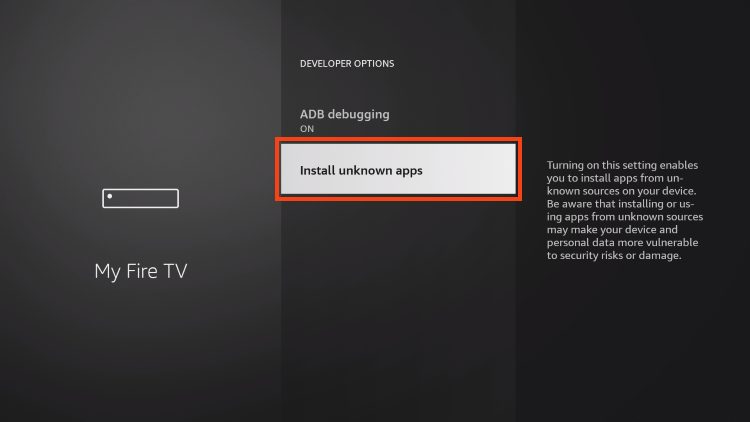Takes away from Crossword Clue
Crossword puzzles have been a beloved pastime for generations, offering a unique blend of mental stimulation and entertainment. One of the most intriguing aspects of these puzzles is the crossword clue—a cryptic hint that guides the solver towards finding the correct answer. However, the journey to deciphering these clues often involves a series of “takes away” that challenge the solver’s linguistic prowess, lateral thinking, and general knowledge.
The Art of Deduction:
At the heart of every crossword clue is the art of deduction. When a clue suggests “takes away,” it signals that the solver must remove certain elements from the given word or phrase to unveil the hidden answer. This deduction process requires a keen understanding of synonyms, antonyms, and wordplay.
For instance, a clue might read “Takes away three letters from ‘courage'”; the solution would then be “rage.” Here, the solver must subtract the letters “cou” from the word “courage” to reveal the intended answer.
Wordplay Wonders:
Crossword clues often showcase the beauty of linguistic wordplay. “Takes away” can manifest in various forms, challenging solvers to think beyond the literal meaning of the words presented. Anagrams, homophones, and hidden words are just a few of the wordplay wonders that can be encountered.
Consider a clue like “Takes away hidden sea creature in ‘ocean.'” The solution would be “octopus,” as it hides within the letters of the word “ocean.” This type of clue not only tests the solver’s vocabulary but also their ability to spot concealed words within a given set of letters.
Synonym Search:
One of the primary skills honed by crossword enthusiasts is their ability to navigate the vast landscape of synonyms. Clues employing the phrase “takes away” often require the solver to find a synonym for the specified action or concept.
For example, a clue might state “Takes away joy from ‘gleeful.'” The correct answer would be “grief,” as it is a synonym for the opposite of joy. Solving such clues requires not only a strong vocabulary but also the ability to discern subtle nuances in meaning.
Homophonic Harmonies:
The world of crossword puzzles is known for its love of homophones—words that sound the same but have different meanings. Clues incorporating “takes away” can lead solvers on a journey of homophonic harmonies, where the key lies in phonetic similarities rather than visual ones.
Imagine a clue like “Takes away a sounding bird from ‘knight.'” The solution here would be “night,” as it sounds like the word “knight.” This type of clue adds an auditory dimension to the crossword-solving experience, challenging the solver to think beyond the written word.
Cultural Connections:
Crossword puzzles often serve as a reflection of the broader cultural landscape. Clues that involve “takes away” can offer insights into historical events, literature, pop culture, and more. Solvers need to draw upon their cultural knowledge to decipher these clues accurately.
For instance, a clue might state “Takes away the first letter from the author of ‘1984.’” The answer would be “George Orwell,” with the solver subtracting the first letter from the author’s name. These clues not only test the solver’s familiarity with cultural references but also encourage a deeper engagement with various fields of knowledge.
The Puzzle of Punctuation:
Punctuation can play a pivotal role in crossword clues, especially those involving “takes away.” Solvers must pay close attention to punctuation marks and their impact on the interpretation of the clue.
Consider a clue like “Takes away apostrophe from ‘it’s.'” The solution would be “its,” as the solver needs to remove the apostrophe from the contraction “it’s.” Clues that involve punctuation require a meticulous approach, emphasizing the importance of detail-oriented thinking in crossword solving.
Trial and Error:
While the art of deduction is crucial, crossword enthusiasts often find themselves engaged in a process of trial and error. The iterative nature of solving clues involving “takes away” requires solvers to experiment with different combinations until the correct answer emerges.
For example, a clue might read “Takes away the first and last letters from ‘journey.'” The solver would need to try removing both the first and last letters to arrive at the solution, which is “our.” This element of experimentation adds a dynamic and interactive dimension to the crossword-solving experience.
Conclusion:
Crossword clues that incorporate “takes away” provide a fascinating journey through the intricacies of language, wordplay, and deductive reasoning. As enthusiasts grapple with these puzzles, they not only sharpen their linguistic skills but also cultivate a deeper appreciation for the diversity of clues that make each puzzle a unique challenge. The takes away from crossword clues extend beyond the solving process, leaving solvers with a sense of accomplishment and a greater understanding of the richness embedded in the world of words.






